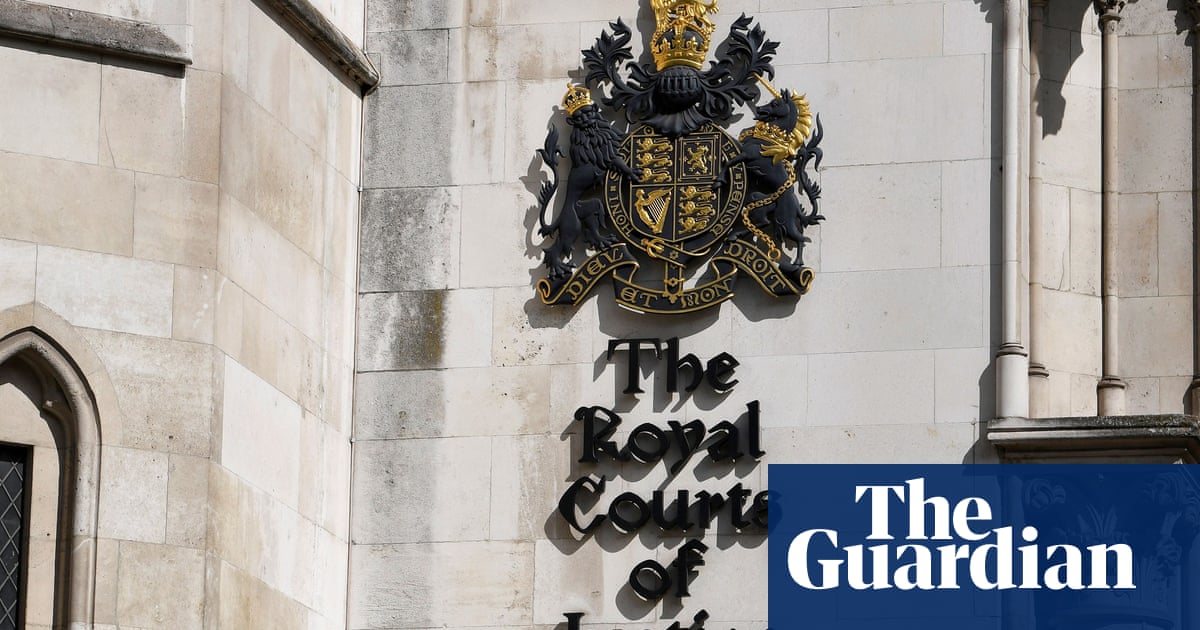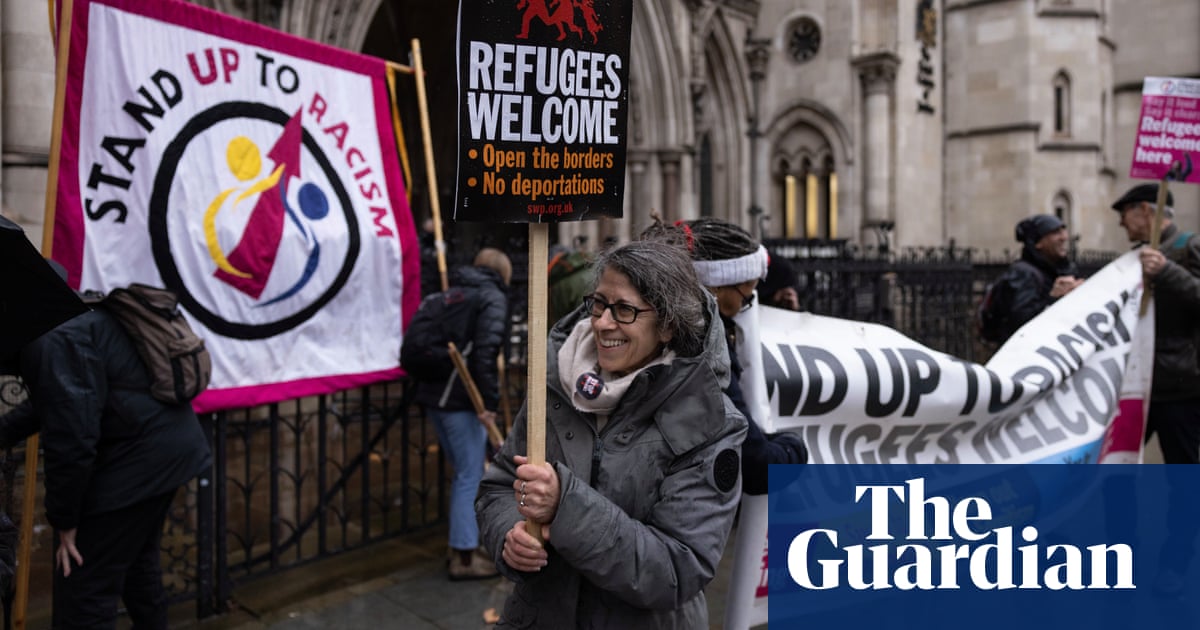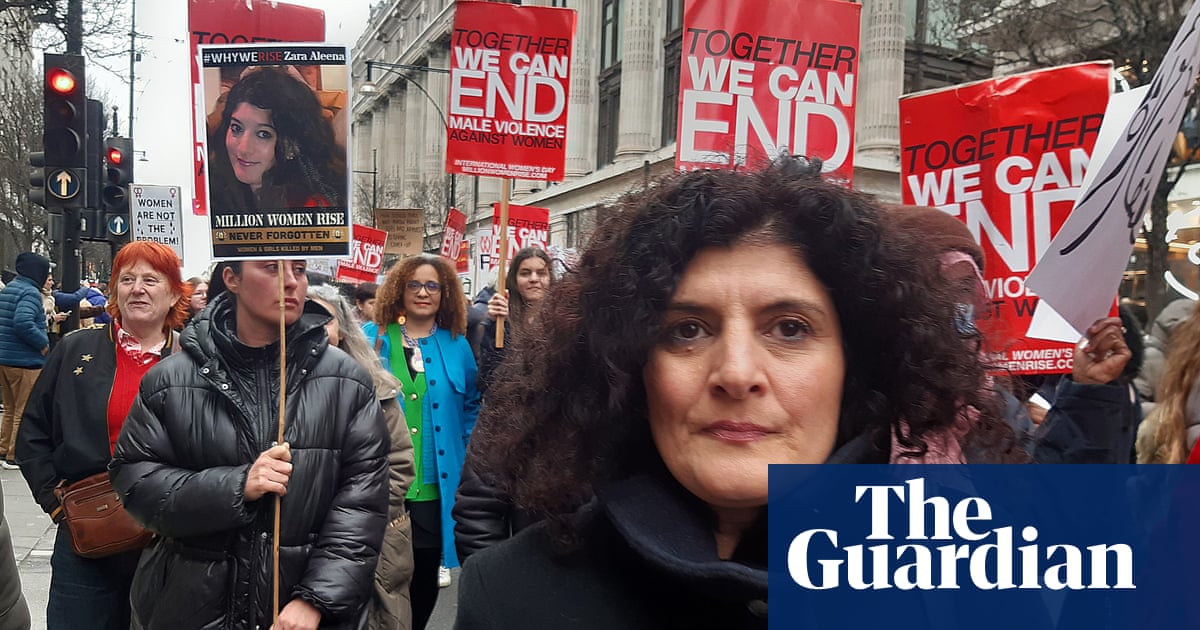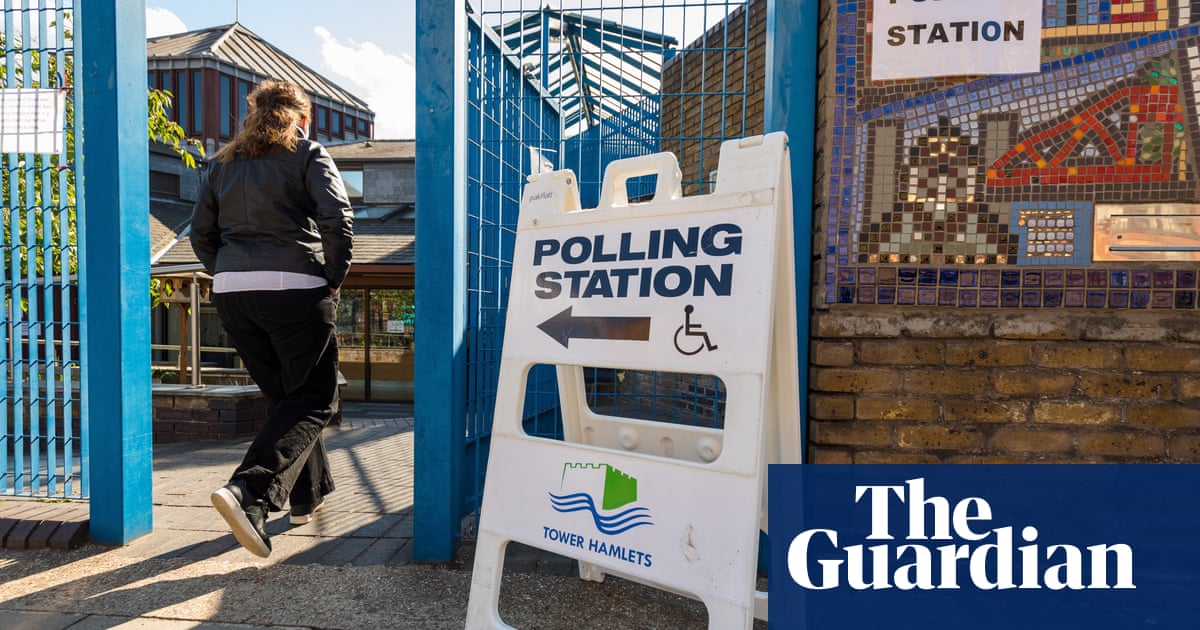
Plans to outlaw wealthy individuals launching spurious legal battles to evade scrutiny and intimidate critics must not be kicked “into the long grass”, ministers have been urged.
The call came after a taskforce was launched to develop “non-legislative” measures to stop journalists being targeted by so-called Slapps ( strategic lawsuits against public participation).
The culture secretary, Lucy Frazer, said an existing bill designed to combat economic crime that was nearing the end of its passage through parliament would combat about 70% of such cases.
She announced the taskforce’s creation on Monday, and promised there would be further legislation “to tackle Slapps beyond economic crime as soon as parliamentary time allows”.
Groups from across the media and legal landscapes will sit on it, including the National Union of Journalists, Index on Censorship, the Solicitors Regulation Authority, the Bar Council, the Media Lawyers Association and the Foreign Policy Centre.
The taskforce held its first meeting to discuss terms of reference this week, and will establish a plan to deliver to non-legislative measures to combat Slapps over the next 12 months, after which it will be reassessed.
Liam Byrne, a Labour MP and former minister who has been pushing hard for stronger moves against Slapps, welcomed the establishment of the taskforce but said speedier action was needed to plug the “stopgap” of remaining Slapps that would not be curbed by the economic crime bill.
“Every day we don’t have a proper all-encompassing law to tackle Slapps is a day when oligarchs silence the truth-tellers, threaten journalists and hide things that shouldn’t be hidden,” Byrne said.
He said ministers should commit to a future bill covering all Slapps in the upcoming king’s speech, which will be held on 7 November. Not doing so would be to “kick [the issue] into the long grass”, Byrne added.
At the state opening of parliament, Rishi Sunak’s government will lay out its programme of proposed laws to be enacted in the final year before a general election.
However, Tory insiders suggested the prime minister wants the speech to be “slimmed down” – to avoid controversial issues that might cause splits within his own party, and help MPs spend less time in parliament so they can work in their constituencies for the best chance of being re-elected.
Byrne said the anti-Slapp amendments made to the economic crime bill were a “stopgap solution”, and added: “They’re by no means powerful enough to stop some of the most powerful people on earth.”
Campaigners say that there are merits to non-legislative measures to tackle Slapps.
They have suggested measures such as the creation of a defence fund to shield investigative journalists from potential Slapps and tightening anti-money laundering regulation to cover legal advice provided by law firms when acting for claimants pursuing civil cases against news organisations.
Susan Coughtrie, the director of the Foreign Policy Centre and co-chair of the UK anti-Slapp coalition, said non-legislative measures to protect against such litigation were necessary and the taskforce’s creation was encouraging.
She added: “Nevertheless, we still need a standalone UK anti-Slapp law, that would provide an effective mechanism to dispose of any Slapps brought against those speaking in the public interest (i.e. beyond economic crime) and tackle the issue of high costs, which is a key factor in the success of Slapp actions.”












